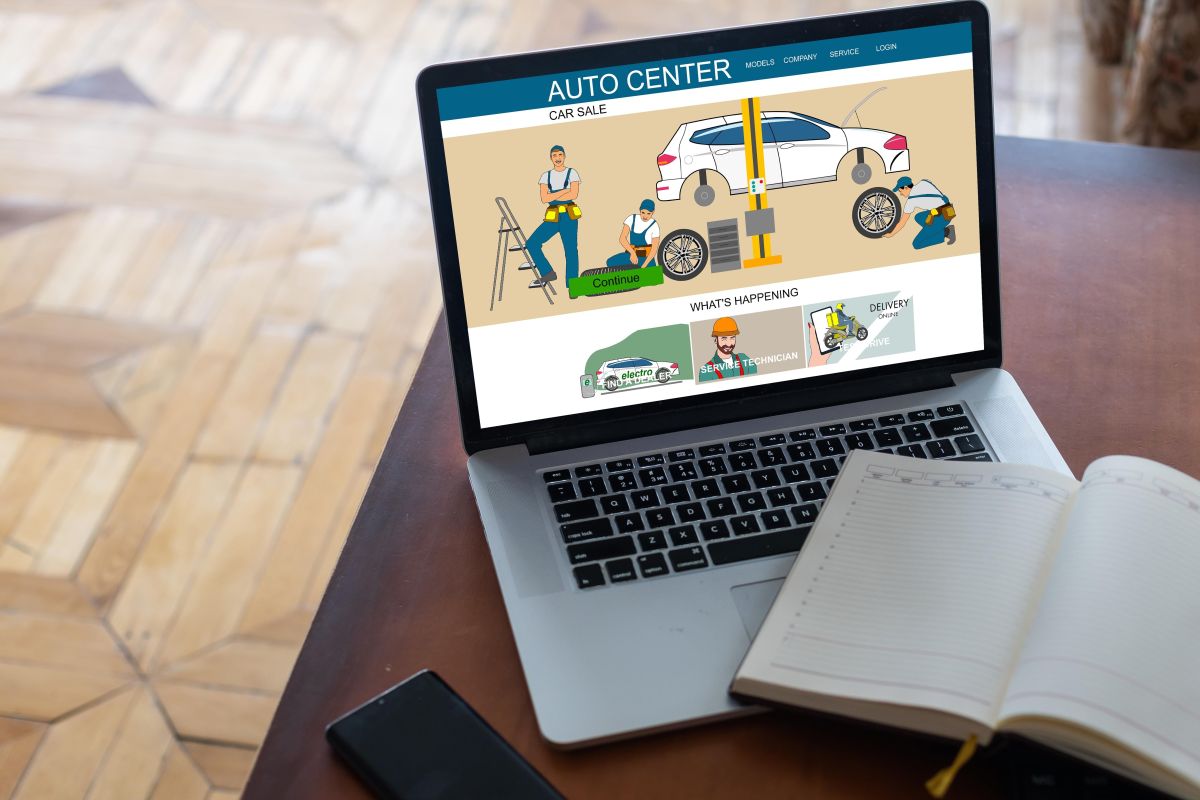The U.S. House Ways and Means Committee has advanced legislation that could benefit independent automotive repair shops by expanding key tax relief measures and easing the financial burden of adapting to emerging vehicle technologies.
House Continuing Resolution 14 (H. Con. Res. 14), approved by the committee, includes provisions aimed at strengthening small businesses, including those in the automotive repair industry. Among the most notable changes is a proposed permanent extension and increase of the Section 199A deduction, which allows sole proprietorships, S corporations and partnerships to deduct a portion of qualified business income. The deduction, currently set at 20% and scheduled to expire in 2025, would rise to 23% under the new legislation.
“If signed into law, this legislation would provide independent auto repairers much-needed economic certainty and make it easier to thrive,” the Automotive Service Association (ASA) said in a statement. The association emphasized the vast majority of its members are small, independent businesses particularly vulnerable to tax policy changes.
H. Con. Res. 14 also proposes a permanent cap on the top marginal income tax rate at 37% for income over $609,350 and includes a provision allowing small businesses to deduct 100% of certain machinery and equipment investments in the year they are made, rather than over time through depreciation. ASA noted this would alleviate the high upfront costs of purchasing new tools and equipment necessary for repairing advanced vehicle systems.
The bill also takes a controversial turn by eliminating most federal tax credits for electric vehicle (EV) purchases and scaling back EV production incentives. ASA has expressed concern that a rapid market shift toward EVs—driven in part by such incentives—could strain small repair shops ill-equipped to handle EV-specific repairs.
“Allowing the market to dictate consumers’ choices would put repairers in a better position to adapt to new vehicle technologies,” ASA said.
Additionally, the bill includes tax reforms that could indirectly benefit auto repair professionals. These include:
• Eliminating employee-paid taxes on overtime wages from 2025 to 2028.
• Making the $2,000 Child Tax Credit permanent and increasing it to $2,500 from 2025 to 2028.
• Allowing individuals earning under $100,000 to deduct up to $10,000 in car loan interest from 2025 to 2028.
• Increasing the standard deduction by $1,000.
• Making permanent tax credits for small businesses that offer paid family leave and childcare support in states where such benefits aren’t mandated.
Succession planning challenges may also see relief. The bill would raise the exemption threshold for estate and gift taxes by $1 million, helping family-owned repair shops better navigate generational ownership transitions.
ASA thanked Congress for addressing the needs of its members, many of whom had advocated for these changes through coalitions and direct outreach.
The bill must still pass the full House and Senate before becoming law.












